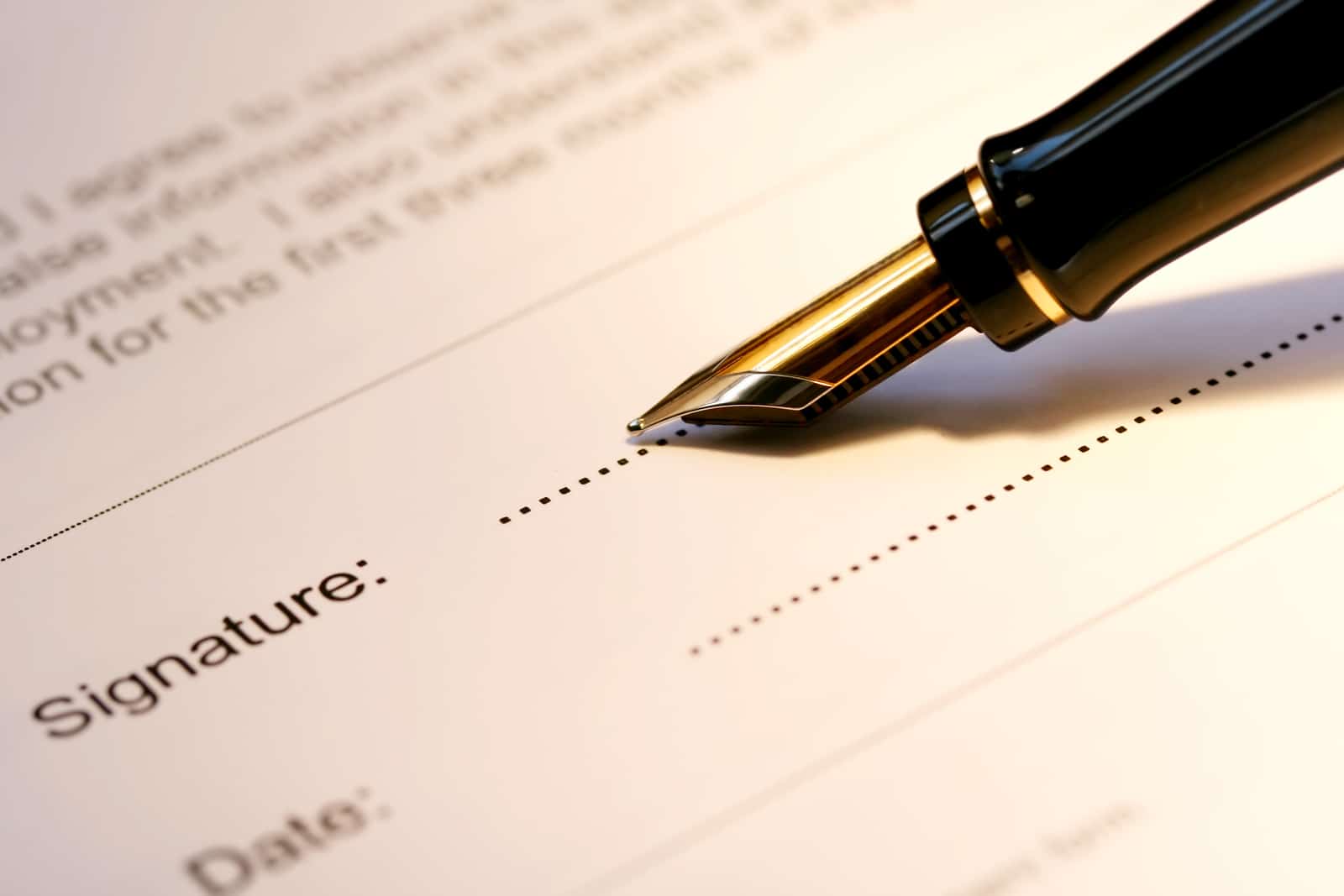Key Takeaways:
- A self-proving affidavit can significantly streamline the probate process by validating the authenticity of your will without requiring in-person testimony from witnesses.
- Including a self-proving affidavit in your will is a simple process that can save your beneficiaries time and stress during the probate proceedings.
- Understanding the legal requirements and benefits of a self-proving affidavit is crucial for effective estate planning.
When planning your estate, ensuring your will is executed as smoothly as possible after your passing is a top priority. One tool that can facilitate this process is a self-proving affidavit. This legal document can be a crucial addition to your will, particularly in streamlining the probate process. This guide explores what a self-proving affidavit is, its benefits, and why it’s essential to consider including one in your will.
What is a Self-Proving Affidavit?
A self-proving affidavit is a sworn statement attached to a will, typically signed by the will maker and the witnesses. This document is notarized and serves to verify that the will was signed voluntarily and in the presence of witnesses, meeting all state legal requirements.
Benefits of Including a Self-Proving Affidavit in Your Will:
- Simplifies Probate Process: The affidavit allows the court to accept the will without contacting the witnesses who signed it. This can be especially helpful if the witnesses are unavailable or have moved away at the time of probate.
- Reduces Delays: By eliminating the need to locate and secure testimony from the witnesses, a self-proving affidavit can speed up the probate proceedings.
- Prevents Disputes: It serves as strong evidence that the will is legitimate and correctly executed, potentially deterring challenges to the will’s validity.
How to Create a Self-Proving Affidavit:
- Drafting the Affidavit: Typically, the affidavit is prepared by an attorney at the time the will is created and is signed by the will maker and the witnesses in the presence of a notary.
- Legal Requirements: Requirements can vary by state, so it’s essential to consult with an estate planning attorney to ensure that the affidavit meets all legal standards specific to your jurisdiction.
Considerations and Common Questions:
- Is a Self-Proving Affidavit Required? While not mandatory, including one is highly advisable as it facilitates the probate process.
- What if My Will Doesn’t Have One? If your will does not include a self-proving affidavit, probate can still proceed, but it might require the witnesses to testify in court about the validity of the will, which can complicate and prolong the process.
Including a self-proving affidavit with your will is a straightforward step that can have significant benefits during the probate process. It ensures that your will is quickly and easily validated by the court, providing peace of mind to both you and your beneficiaries that your wishes will be honored without unnecessary delay.
Get Help Today with Hurban Law, LLC in Lawrenceville, GA
To ensure that your will is properly prepared and includes a self-proving affidavit, consider consulting with a qualified estate planning attorney. They can provide tailored advice and help you understand the specific requirements and benefits based on your unique situation and location.





